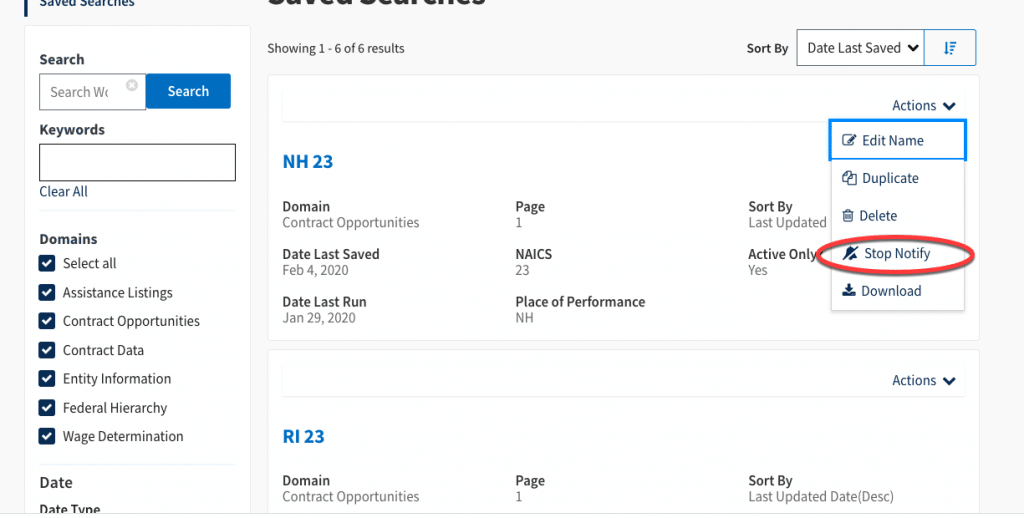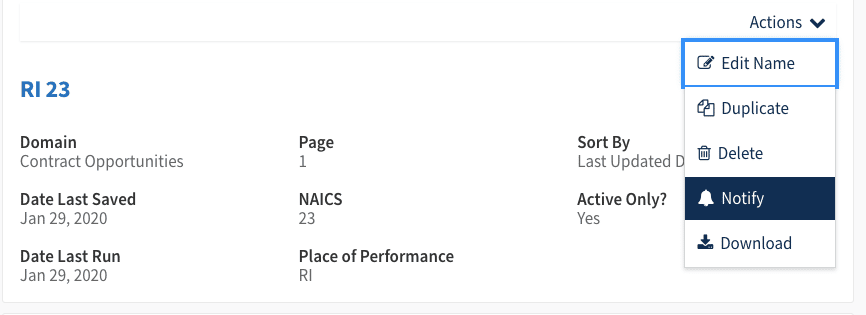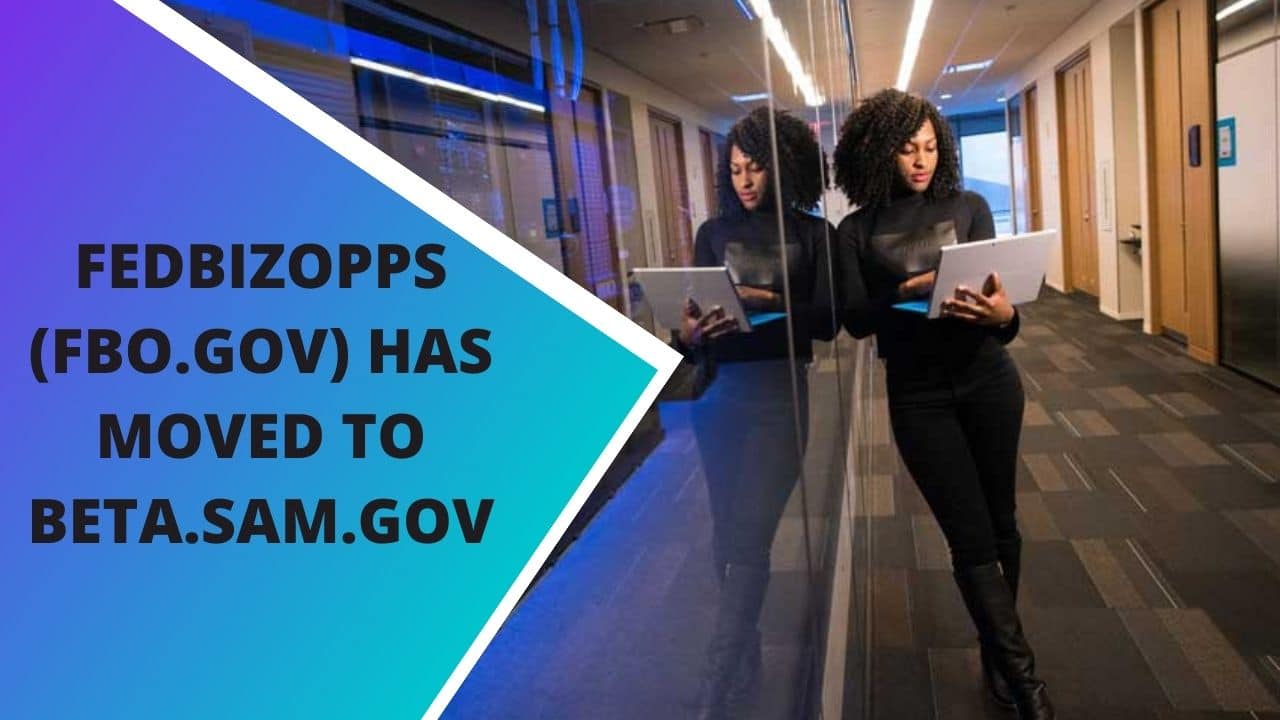Don’t be afraid to build a relationship and bid on government contracts!
BE THE MAN IN THE ARENA
Do you know what ITA stands for? Well, this stands for In the Arena based off of Theodore Roosevelt’s quote which is called The Man in the Arena:
“It is not the critic who counts; not the man who points out how the strong man stumbles, or where the doer of deeds could have done them better. The credit belongs to the man who is actually in the arena, whose face is marred by dust and sweat and blood; who strives valiantly; who errs, who comes short again and again, because there is no effort without error and shortcoming; but who does actually strive to do the deeds; who knows great enthusiasms, the great devotions; who spends himself in a worthy cause; who at the best knows in the end the triumph of high achievement, and who at the worst, if he fails, at least fails while daring greatly, so that his place shall never be with those cold and timid souls who neither know victory nor defeat.”
The reason why we highlighted this quote is because we want to encourage all of you to get in the arena. Talk to people in your space. Talk to our podcast guests and if you’re similar to them, build a relationship with them.
However, the problem is people are trying to do everything alone. They’re an island by themselves.
They are sitting at home on their computer trying to price jobs, but have no one to overlook their mistakes and do things that are a must for bidding and overall govcon activities.
Just take our very own Maria Martinez for example. She is a kindergarten teacher who has no govcon background, but when she dive into the arena and started building relationships with others, she succeeded and won multiple contracts.
“She did not let people say, the cynics, tell her that she couldn’t do it. She tried. What happened when she tried? She succeeded… So again, in the arena. The credit belongs to the man who is in the arena.”
So, what are you going to do now? Well, you need to do the activities. And with this, we have some advice below.
ADVICE FOR SMALL BUSINESSES
1. Learn from people.
When you jump into the marketplace without learning the basics, it is very easy to get in trouble.
However, you can avoid this if you are studying from people who are living and breathing all of this stuff every day.
We actually did have a student that won a contract but his price is 20,000 lower than the production cost. This is a huge problem. Good thing he was able to talk to the manufacturer about this, but what if he wasn’t?
“Learn from people. Listen, learn, learn, learn, first.”
2. Do your market research.
The government buys everything. The thing is they don’t always buy it the same way that you’re thinking.
For instance, if you have a specific niche service and you looked it up on FBO but nothing comes up, that service might have been bundled with other services.
The key is to know where to do your market research and not just rely on things posted on beta.sam.
So, what you’ll do is look based on your NAICS or PSC code and go to USASpending, FPDS, or to similar platforms that showcase past procurement data.
3. Just do the activities.
You need to start doing your govcon activities. This means not just bidding but doing your business development.
As said above, Maria Martinez didn’t just get lucky, she does the activities. So, what you need to do is to start reaching out to people and building relationships with them.
4. Be a subcontractor.
In this marketplace, we always do this all the time that if we cannot win a contract as a prime, we’re contacting the prime to be their subcontractor.
The way we do this is we just call them up and tell them that we looked at the project that they won and that we’re all aware of the scope of work that it entails, and with that, we can execute a piece of that work.
8. Stick with the experts.
Stick with the people in your industry that are doing this every day. You can learn from them through our podcasts, but we highly recommend that you build a relationship with them as it is much better.
RESOURCES
If you want to learn more about how to build a relationship and bid on government contracts, then check our full video below.
You can also visit the GovCon Giant website or the new GovCon Edu where you learn everything about government contracting!
Why are you scared when bidding government contracts?
https://www.youtube.com/watch?v=MDrHSxbIPdU







